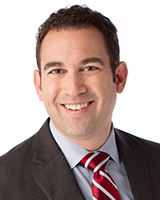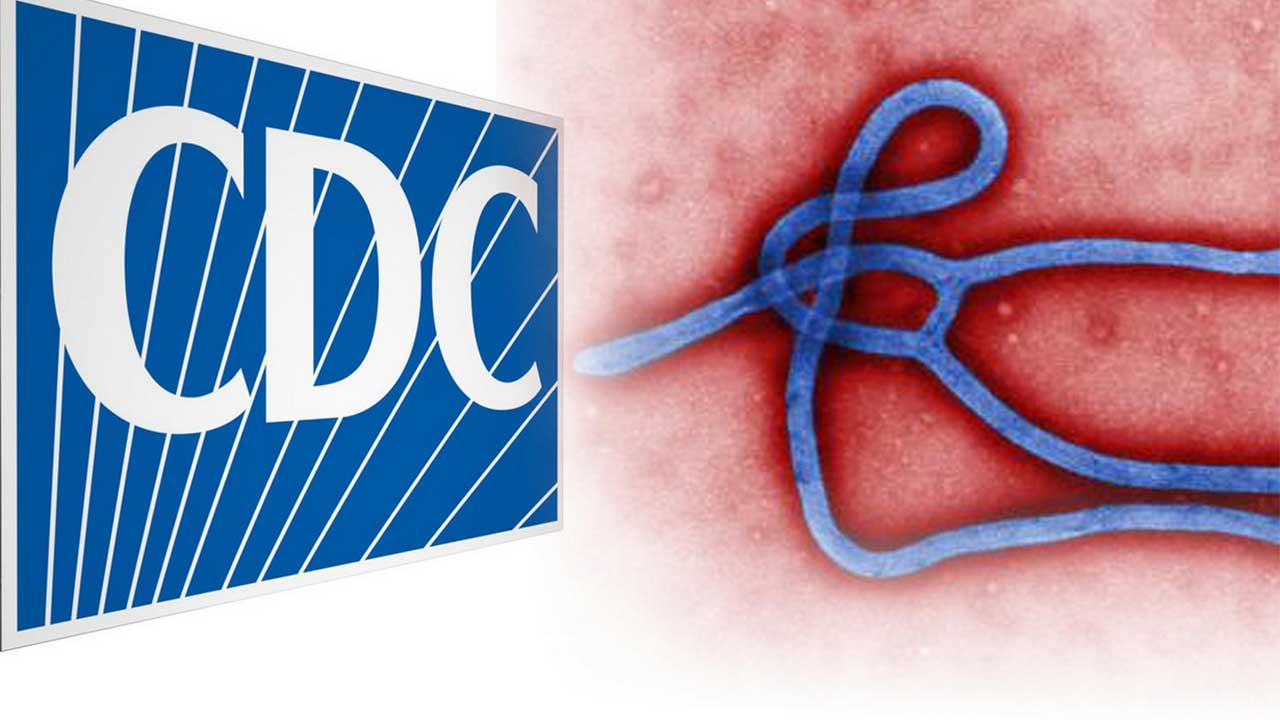Nonprofit helps children in Ebola-stricken countries continue education


SAN FRANCISCO (KGO) -- Ebola is a deadly disease, but in some African countries it's having another effect on education.
A local nonprofit is battling Ebola's effect on a generation of kids. Worldreader runs on donations from foundations and individuals.
San Francisco Dr. Phouc Le expected went to a school in Liberia and was surprised by what he saw. "Nothing in the media, or what I was reading, told me that the school system in Liberia had been shut down since the summer," Le said.
David Risher, president and co-founder of Worldreader, knows all too well that education is the unlikely casualty of Ebola.
"No parent wants to send their kid to a school where they could get a disease, and frankly, teachers don't want to work in that environment either," Risher said.
A former Amazon executive, Risher's nonprofit Worldreader has been giving schools in Africa the very items he used to sell, e-books and Kindles.
"There's a reason why books have never made it to kids in the developing world -- a lot of it is economics," Risher said. "A lot of it is simply that it costs a lot to ship."
Using his old connections to buy the electronic version at a deep discount, his team loads the Kindles full of books and ships them to where young readers need them.
"The more books you give them, and the easier you make it, the more they'll read," he said.
While schools are closed, not every kid has access to a Kindle, but they can also read Worldreader books on something else that's more plentiful in the developing world.
"The kids can still get access to their textbooks by reading on cellphones," he said.
Worldreader has apps that run on the simpler phones often found in countries like Liberia and Sierra Leone. They include a feature to make the text bigger, which is important for kids whose families can't afford glasses.
"It takes something that's sort of invisible to a child, blurry text, and makes it readable, and that really changes their lives," Risher said.
Among the books from American and African publishers, Worldreader also included a virtual booklet about Ebola.
Le says that knowledge is key, as Liberia's government prepares to re-open schools in the new year.
"To teach the community that you shouldn't send a child to school if they have a fever or any other symptoms or signs of Ebola," Le said.
Risher says 60,000 people have already read that booklet. It's an education that could save lives.












